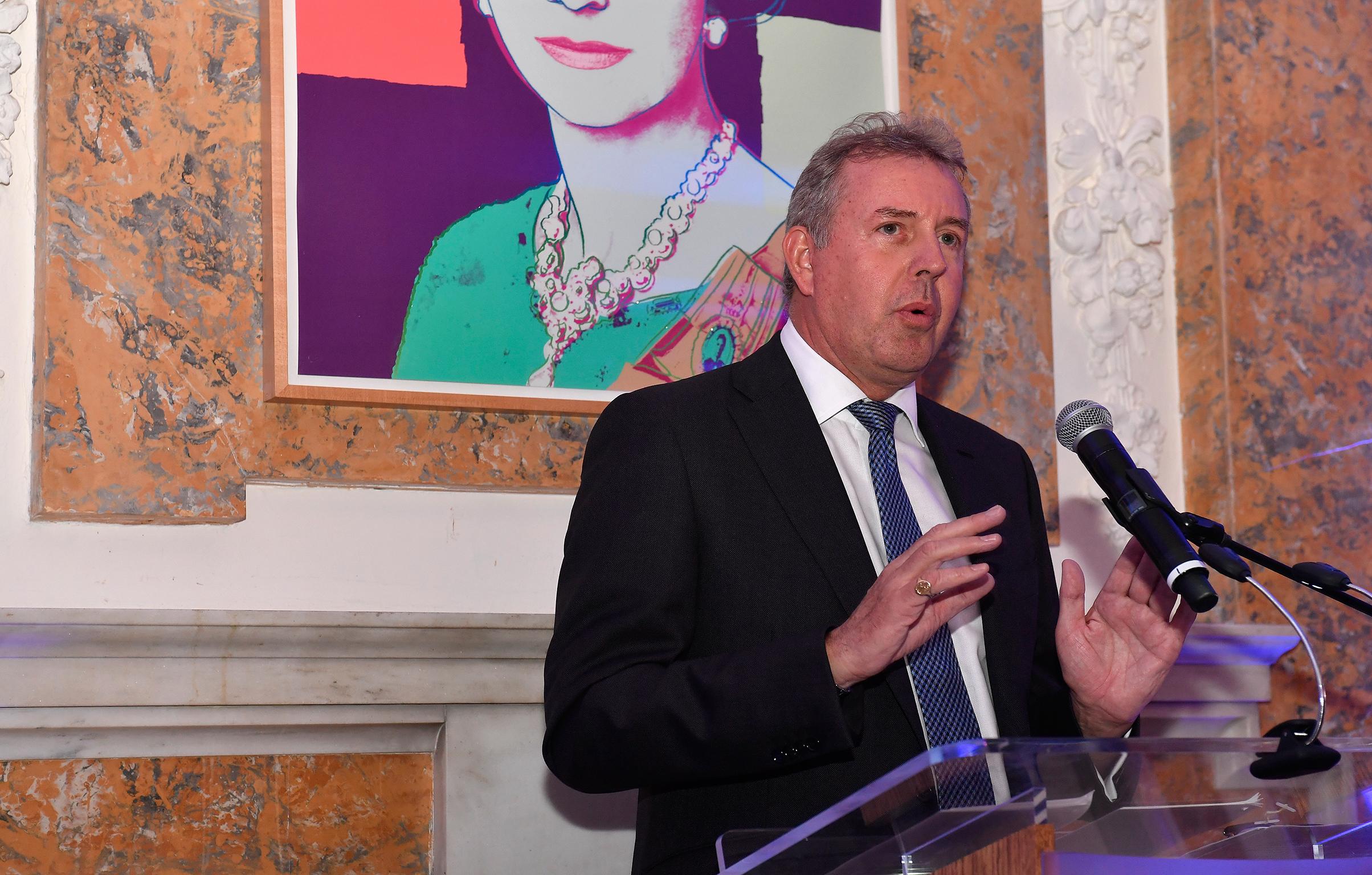Who leaked the US ambassador’s thoughts on Trump?
Politics Explained: A massive inquiry is under way in Whitehall for the source of revelations which threaten to undermine UK diplomacy

For many in Westminster, the shocking element to Sir Kim Darroch’s cables is not their contents – which echo the views of many Washington-watchers on the nature of Donald Trump’s administration – but the fact they have become public.
The big questions being asked are: who leaked extracts from the ambassador’s communications and why? The memos are believed to have been distributed among as many as 100 senior politicians and civil servants in departments across Whitehall, making it difficult for the leak inquiry immediately to identify a source.
But the “diptels” – diplomatic telegrams – quoted by the Mail on Sunday cover a lengthy period, spanning from Trump’s inauguration in 2017 to his recent state visit to the UK and the aborted airstrikes targeted on Iran last month.
Whoever passed the documents to the journalist Isabel Oakeshott would have to have had access to memos on a wide range of subjects during the periods in office under the foreign secretaries Boris Johnson and Jeremy Hunt, considerably narrowing down the potential range of suspects.
Downing Street said there was “nothing to suggest” hostile state actors were involved in the leak. And cabinet minister Liam Fox appeared to discount the possibility that official email systems could have been hacked, pointing the finger of blame for the leak firmly at “either our civil service or elements of our political class”.
Speculation is rife in Westminster that the unprecedented incident may have been an attempt to undermine the strongly Europhile ambassador in order to clear the way for the incoming prime minister – probably Johnson – to appoint a more pro-Trump and pro-Brexit successor.

Oakeshott has strong ties with prominent Brexiteers, having ghostwritten an account of the 2016 referendum by Leave.EU founder Arron Banks. Darroch has come under criticism from some quarters for being insufficiently positive in pushing the opportunities which Brexiteers believe UK withdrawal from the EU will offer in terms of strengthening relations and trade with the US.
Some believe the security breach will make it easier for Johnson to block a mooted move by the current cabinet secretary Sir Mark Sedwill to Washington and appoint a new envoy more in line with his Atlanticist views. Others have suggested the leak may have come from a supporter of Brexit who found him or herself isolated within a senior civil service which is widely suspected of being heavily supportive of continued EU membership.
In an intriguing tweet, Oakeshott quoted the Brexit Party leader Nigel Farage as saying the leak happened because of “too many civil servants rubbishing Brexit”, before she added the comment: “Sounds about right.”
Whoever is responsible, the mole hunt currently under way in Whitehall is expected to be more rigorous and thorough than many leak inquiries.
The disclosure of Darroch’s advice to ministers is regarded as gravely serious, not so much because of the temporary damage it may do to relations with the White House but more importantly due to the impact it will have on diplomats providing frank assessments to London of political developments around the world.
If ambassadors and high commissioners cannot be confident their always candid and sometimes brutal assessments of leading figures in their host countries will remain private, then the flow of useful intelligence to London could be much diminished. That is why the leak is being taken so seriously and why ministers and MPs are talking about the possibility of police involvement and criminal prosecution of those involved.
Join our commenting forum
Join thought-provoking conversations, follow other Independent readers and see their replies
Comments